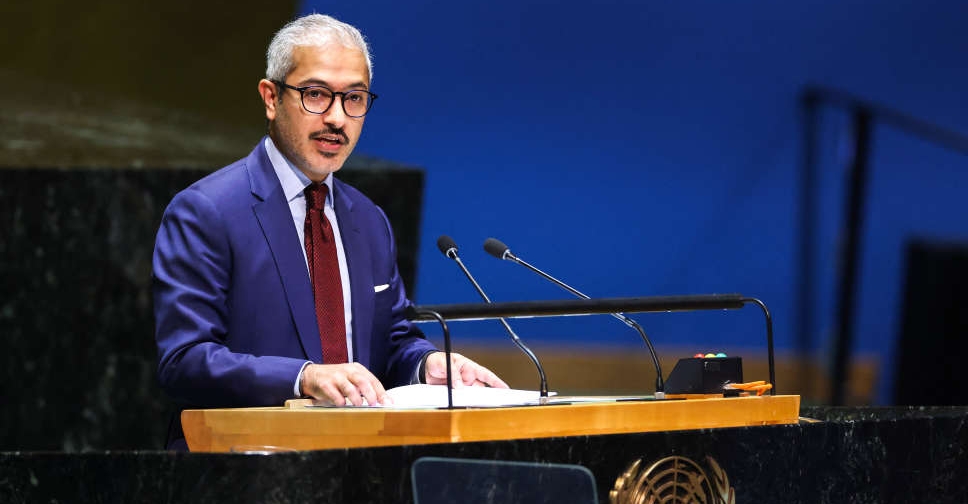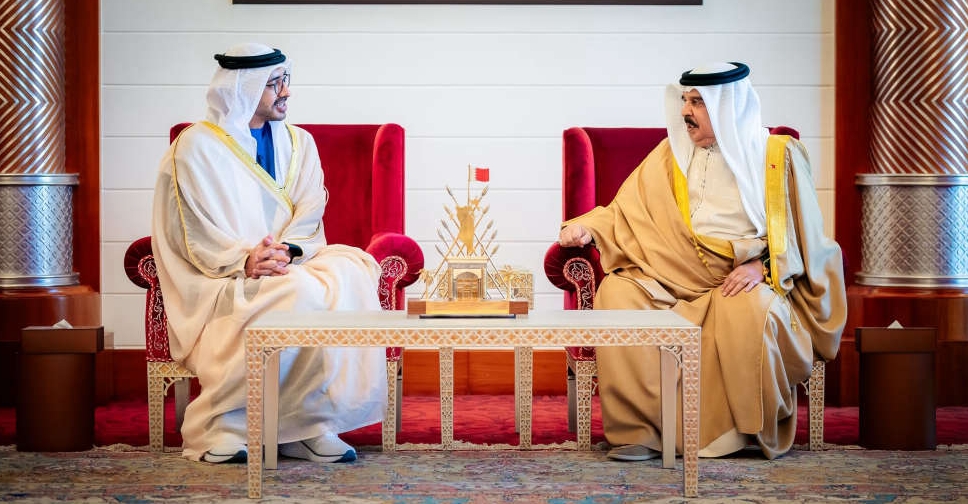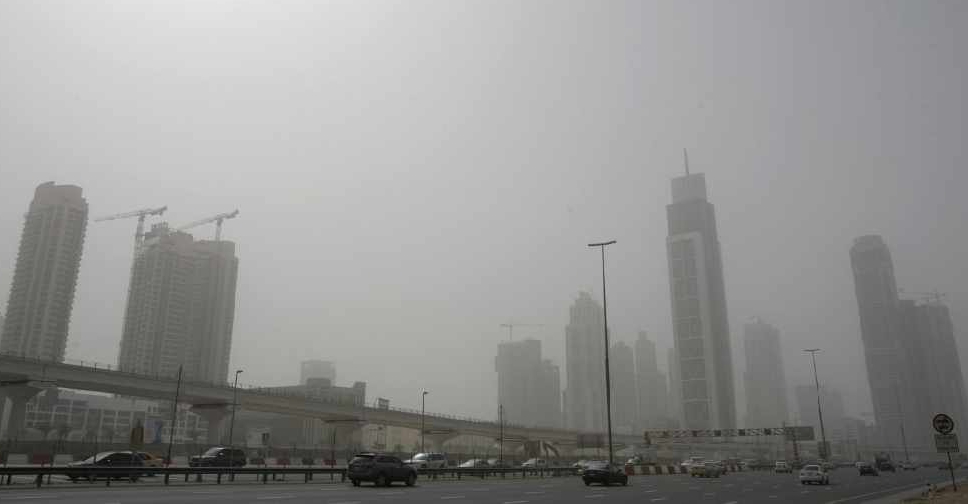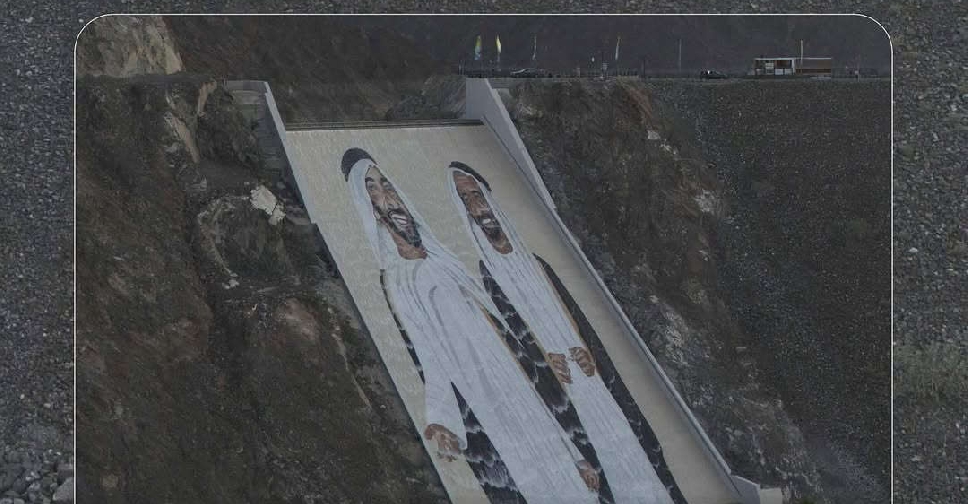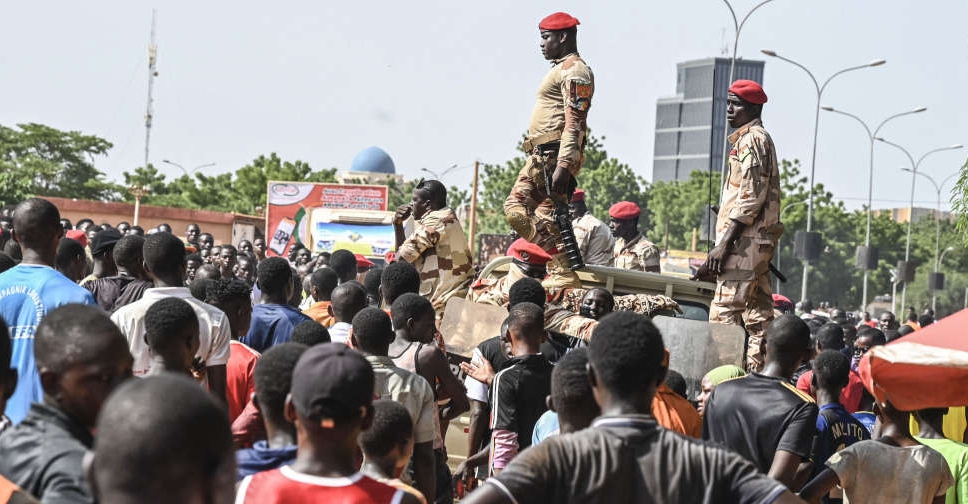
A delegation from West Africa's main regional bloc ECOWAS on Saturday met Niger's ousted President Mohamed Bazoum and held talks with junta leader General Abdourahmane Tiani in the capital Niamey, a Nigerian presidential spokesperson said.
The West African group is pursuing diplomatic ways to reverse the July 26 coup. The coup leaders' acceptance of the mission could signal a new willingness to negotiate after the bloc on Friday doubled-down on its threat to use force as a last resort to restore democracy. It said an undisclosed "D-Day" had been agreed for possible military intervention.
While previous ECOWAS missions have been rebuffed, Saturday's delegation was met at Niamey airport by the junta-appointed prime minister, an ECOWAS source said, speaking on condition of anonymity.
The group that flew in was led by Nigeria's former military leader Abdulsalami Abubakar and included ECOWAS commission President Omar Touray, the source said.
Nigerian presidential spokesperson Abdulaziz Abdulaziz posted a photo of the delegation meeting Bazoum.
"After meeting .... (junta leader) General Abdoulrahmane Tchiani, the ECOWAS delegation in Niger have also visited President Mohamed Bazoum this evening," he wrote on messaging platform X, formerly known as Twitter.
He did not share details on the outcome of talks.
There was no immediate comment on the negotiations from the junta, which has held Bazoum since seizing power despite international calls for his release.
But in a televised address to the nation on Saturday evening, Tiani said neither coup leaders nor "the Nigerien people want war and remain open to dialogue."
He cautioned that Niger was ready to defend itself if needed. "If an aggression were to be undertaken against us, it would not be the walk in the park that some believe," he said.
In the meantime, Tiani said the junta was pursuing its own agenda and would launch a national dialogue to consult on a transition back to democracy, which "should last no longer than three years".
THOUSANDS VOLUNTEER TO SUPPORT JUNTA
ECOWAS has taken a harder stance on the Niger coup, the wider region's seventh in three years, than it did on previous ones. The credibility of the bloc is at stake because it had said it would tolerate no further such overthrows.
Niger also has strategic importance for regional and global powers because of its uranium and oil reserves and role as a hub for foreign troops involved in the fight against the insurgents linked to al Qaeda and IS.
Underscoring the interests at stake, the US State Department said on Saturday it had sent a new ambassador to Niger whose "diplomatic focus will be to advocate for a diplomatic solution that preserves the constitutional order."
The junta's vow to resist external pressure to stand down has been applauded by many in Niger.
Thousands of its supporters gathered at a stadium in Niamey on Saturday where the crowding prompted the postponement of an unofficial census of civilian volunteers for non-military roles if ECOWAS does resort to force.

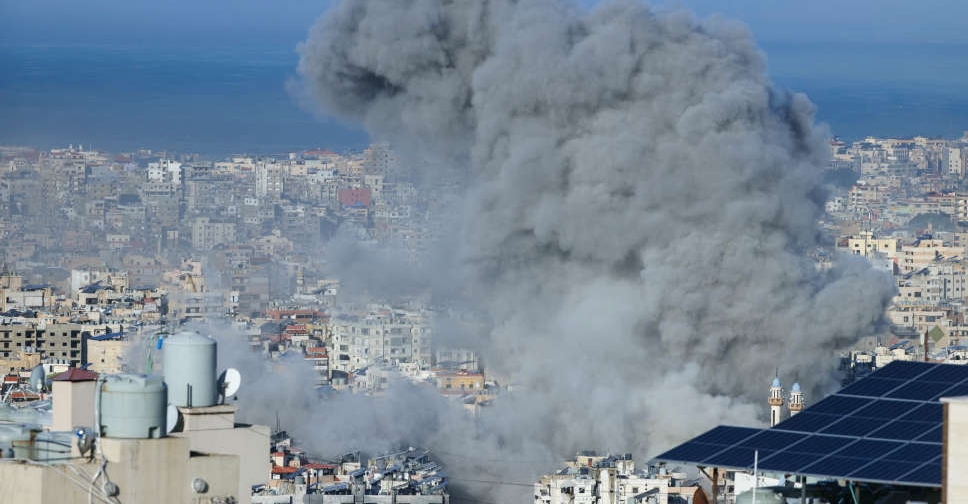 Israel pounds Beirut suburbs as Lebanon says 31 dead nationwide
Israel pounds Beirut suburbs as Lebanon says 31 dead nationwide
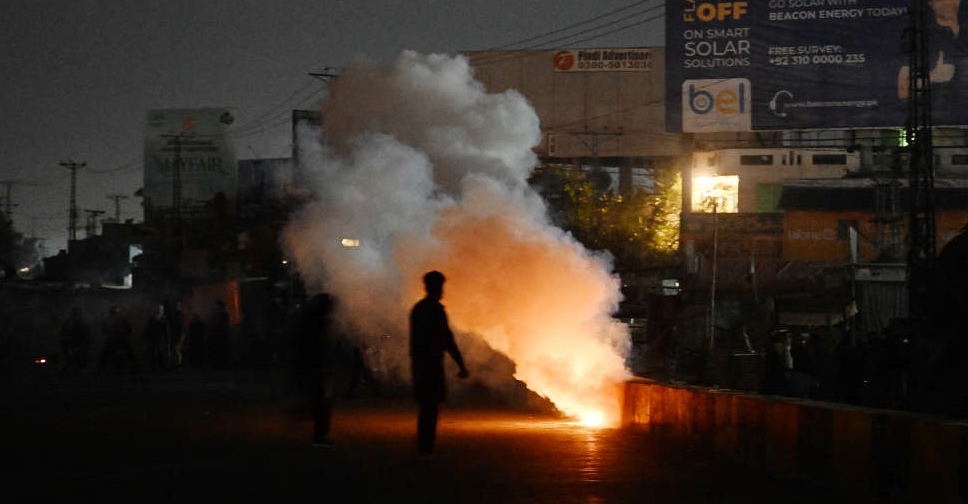 One killed, dozens injured in clashes during Pakistan protests
One killed, dozens injured in clashes during Pakistan protests
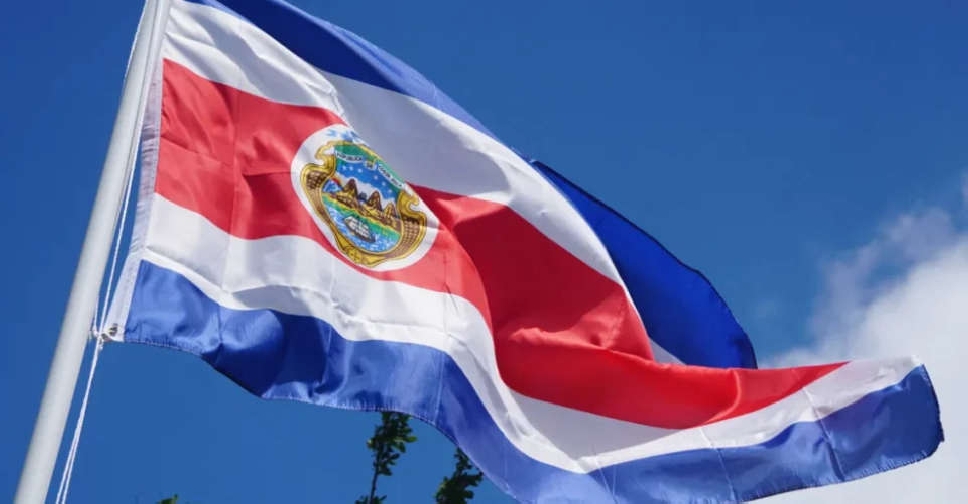 Five killed in plane crash outside Costa Rica capital
Five killed in plane crash outside Costa Rica capital
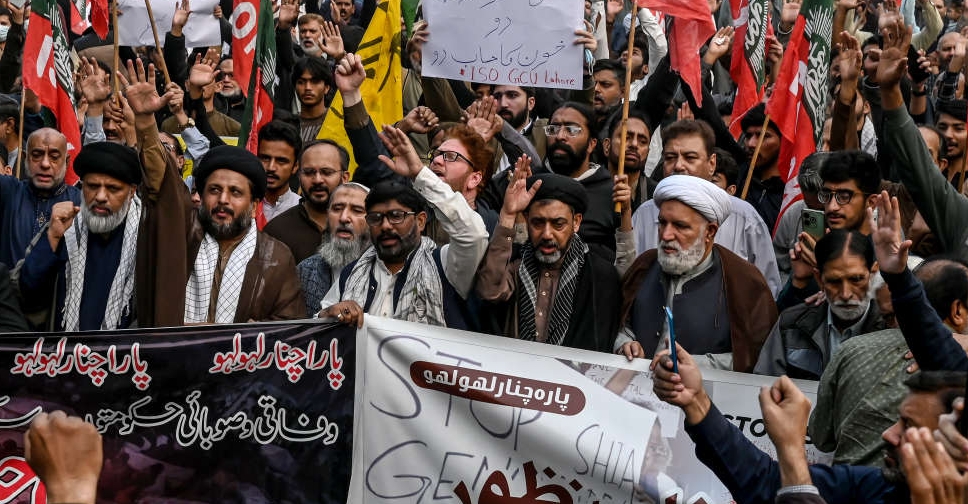 Pakistan sectarian fighting restarts, breaking truce
Pakistan sectarian fighting restarts, breaking truce
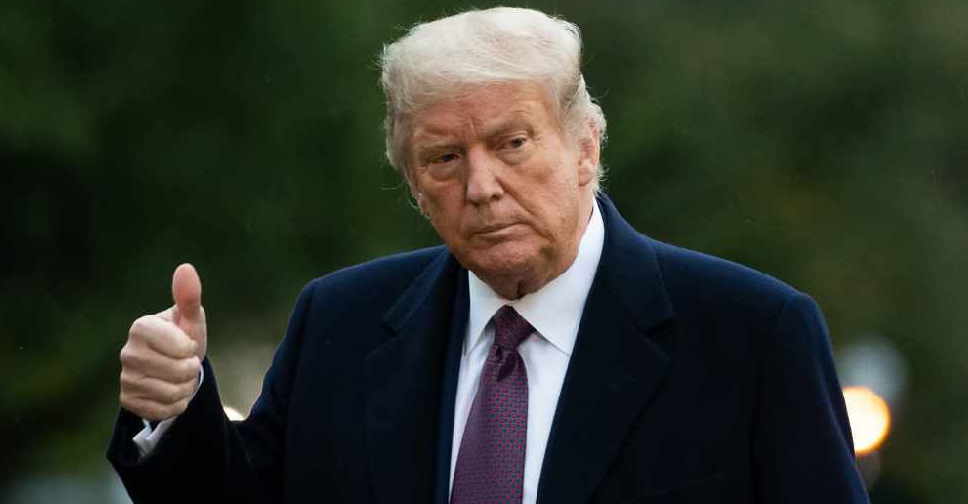 Judge dismisses Trump election subversion case
Judge dismisses Trump election subversion case
